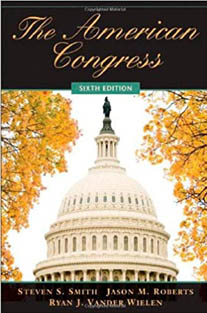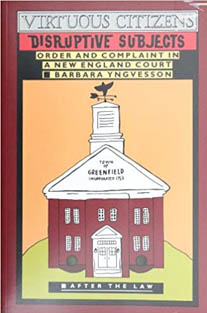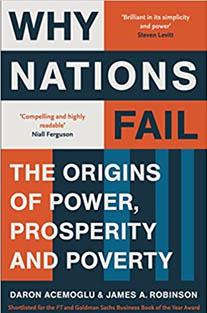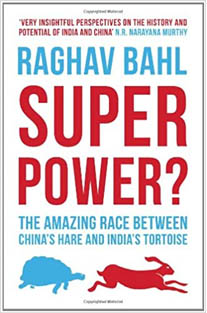Virtuous Citizens, Disruptive ...
₨ 7,995.00
From the colonial period until the early 19th century, the country court served as a “people’s court” and a local peacekeeping force in New England communities. Today, the county court has become the focal point for struggles over morality, community, and rights. Its subjects include not only affluent property owners but also the working class and welfare poor, the so-called “other half of America”. The book grapples with questions of agency and the production of social order, analyzing how the power of law can be mobilized to blur the distinctions between “garbage” and official law.
Description
From the colonial period until the early 19th century, the country court served as a “people’s court” and a local peacekeeping force in New England communities. Today, the county court has become the focal point for struggles over morality, community, and rights. Its subjects include not only affluent property owners but also the working class and welfare poor, the so-called “other half of America”. The book grapples with questions of agency and the production of social order, analyzing how the power of law can be mobilized to blur the distinctions between “garbage” and official law.
Additional information
| Authors | Barbara Y Ngvesson |
|---|---|
| Cover-Types | Paperback |
| ISBN/ISSN | 978-0415907675 |
| Pages | 168 |
| Publishers | Routledge |
| Year of Publication | 1993 A.D |





